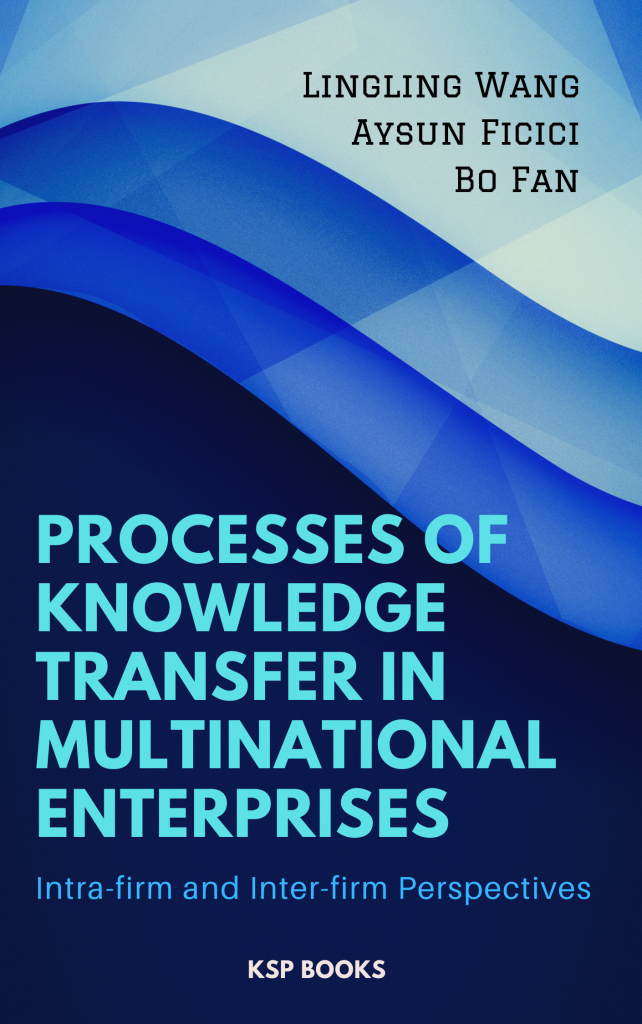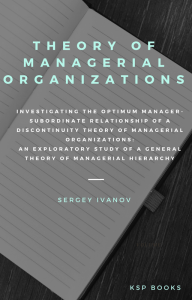Synopsis
This book aims to explore one of the most important aspects of knowledge management, knowledge transfer in multinational enterprises (MNEs). It examines this knowledge transfer process from two distinct perspectives: intra-firm and inter-firm. Intra-firm transfer of knowledge refers to the knowledge flow between headquarters and subsidiaries and inter-firm transfer is defined as the knowledge transfer between partners in international joint-ventures (IJV). Specifically, it attempts to investigate the factors that influence the intra-firm knowledge transfer process and the willingness to share knowledge between partners in IJVs, in order to improve the performance of MNEs. Since willingness to share knowledge between partners is more complex than that between parent and subsidiary due to the difference in ownership structure, if MNEs can manage the willingness to share knowledge in IJVs, then dealing with it between parent and subsidiary should be much easier.
To examine intra-firm knowledge transfer, system dynamics (SD) modeling is adopted and simulations demonstrate that both the transmission willingness and capacity, and absorptive willingness and capacity are important for MNEs to enhance its performance, since knowledge transfer is a two-way communication process. In order to reach a win-win situation, both headquarters and subsidiaries should be willing to share knowledge and learn from each other. To improve the effectiveness of knowledge transfer, ways to enhance transmission willingness and absorptive capacity, and cultural factors that influence cross-border communication are explored and discussed.
In inter-firm knowledge transfer, most of the research literature examines the absorptive capacity of recipients of knowledge but does not examine the willingness to share knowledge. In fact, knowledge will not be effectively and efficiently transferred between partners if only capacity is involved. Therefore, the willingness to share knowledge is equally important in the knowledge transfer process. After a survey of literature, several factors that may influence willingness to share knowledge between partners in IJVs are identified. Then questionnaire was sent out, and based on the responses of the survey, three case studies are employed to verify those factors that determine the willingness to share knowledge in IJVs in China.
This study attempts to get a better understanding of the intra-firm and inter-firm knowledge transfer in academia and provide some useful insights to practitioners in order to effectively and efficiently manage knowledge in MNEs and enhance firms’ performance, since knowledge is the most important strategic asset that firms possess and is closely related to their sustainable competitive advantage.
Contents
About Author(s)
ISBN
978-605-7736-57-4
Date of Publication
December 15, 2019
File Size: 3270 KB
Length: xiv + 115 pages
This work is licensed under a Creative Commons Attribution 4.0 International License.
















